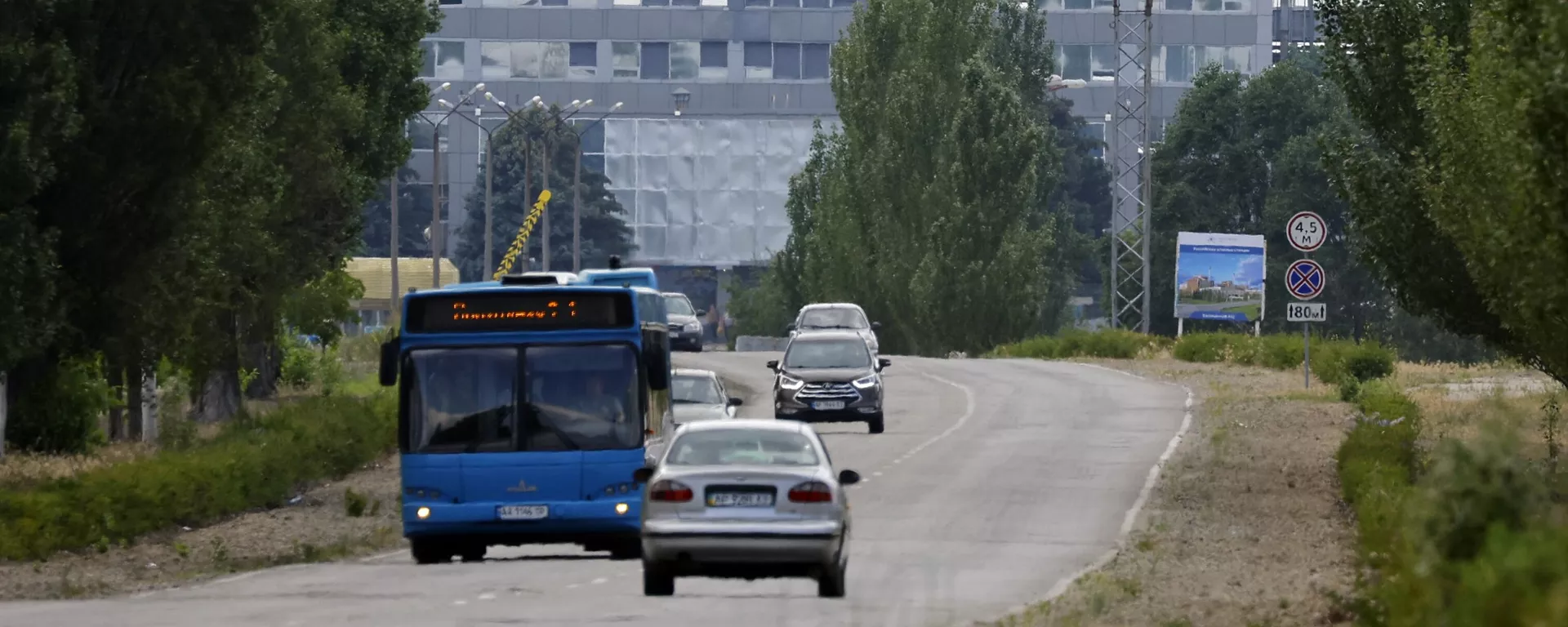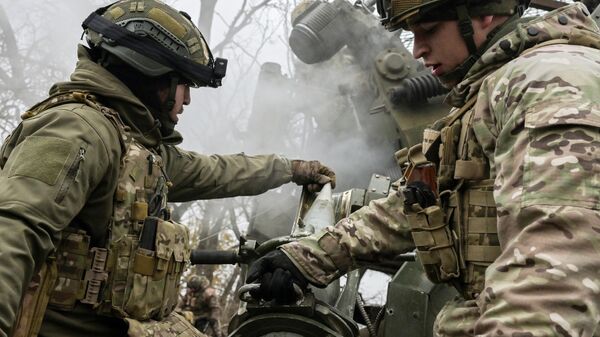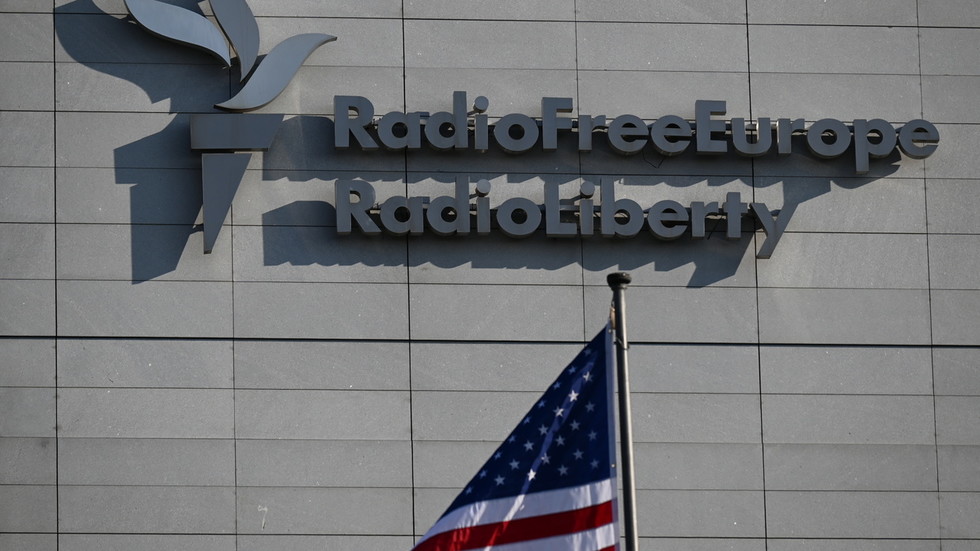Thousands of slaughtered farm animals are set to be buried near Hungary's border with Austria after a foot-and-mouth disease outbreak in the town of Levél.
In the northern Hungarian Győr-Moson-Sopron county, trucks are transporting the carcasses of more than 3,000 animals to a state-owned area between the hamlets of Csemeztanya and Irénpuszta, near the Hungarian-Austrian border, where they will be buried.
Their slaughter was ordered after several cattle animals on a farm in Levél were infected with foot-and-mouth disease, despite the majority of the cattle still being healthy. Police officers are checking that only a vet and workers are allowed on the affected premises.
It was ordered to prevent the disease from spreading, and may take up to ten days before all the cattle is slaughtered. In addition to lime and straw, a two-metre layer of earth will be placed over the carcasses.
The huge animal mass grave was excavated in Csemeztanya, part of the village of Hegyeshalom. Some locals are concerned that the carcasses could contaminate groundwater.
"We have our own wells, our own drilled wells, they bury the animals close enough. We are afraid of contaminating our drinking water. It's good that they promised us that there would be a water network, but we don't want something to happen first," says Mihály Bakos, who has lived in Csermeztanya since 1959.
The owner of the Western Gate Co-operative, Paul Meixner, an Austrian-born Hungarian citizen, has been keeping animals in Levél for 30 years. His entire farm could now be at risk — had had to slaughter all his cattle, even though only 5% of the herd was infected.
"It's an EU veterinary regulation, every member state has to work according to it. The infected herd has to be destroyed, precisely described, because if it goes on it could infect the whole country. That's why it has to be localised," Paul Meixner explained to Euronews.
The mass culling of healthy cattle is also very emotionally distressing for livestock farmers.
"The animal is driven into a corridor, enters a pen and is shot in the head by the butcher. The dead animal is then loaded onto a truck and transported in a closed truck." Trucks arriving at and leaving the plant are also disinfected.
Another outbreak of foot-and-mouth disease has also been detected in Slovakia, with trucks having to pass through a disinfectant at the border crossing at Rijeka.
The Levèl farm will see losses of €3.7 million because all its cattle will be slaughtered. Tens of thousands of litres of milk are transported from there every day, and the lack of milk is a huge loss of income. The government has promised compensation, but it remains unclear how much this will be.

 1 day ago
5
1 day ago
5






 We deliver critical software at unparalleled value and speed to help your business thrive
We deliver critical software at unparalleled value and speed to help your business thrive






 English (US) ·
English (US) ·